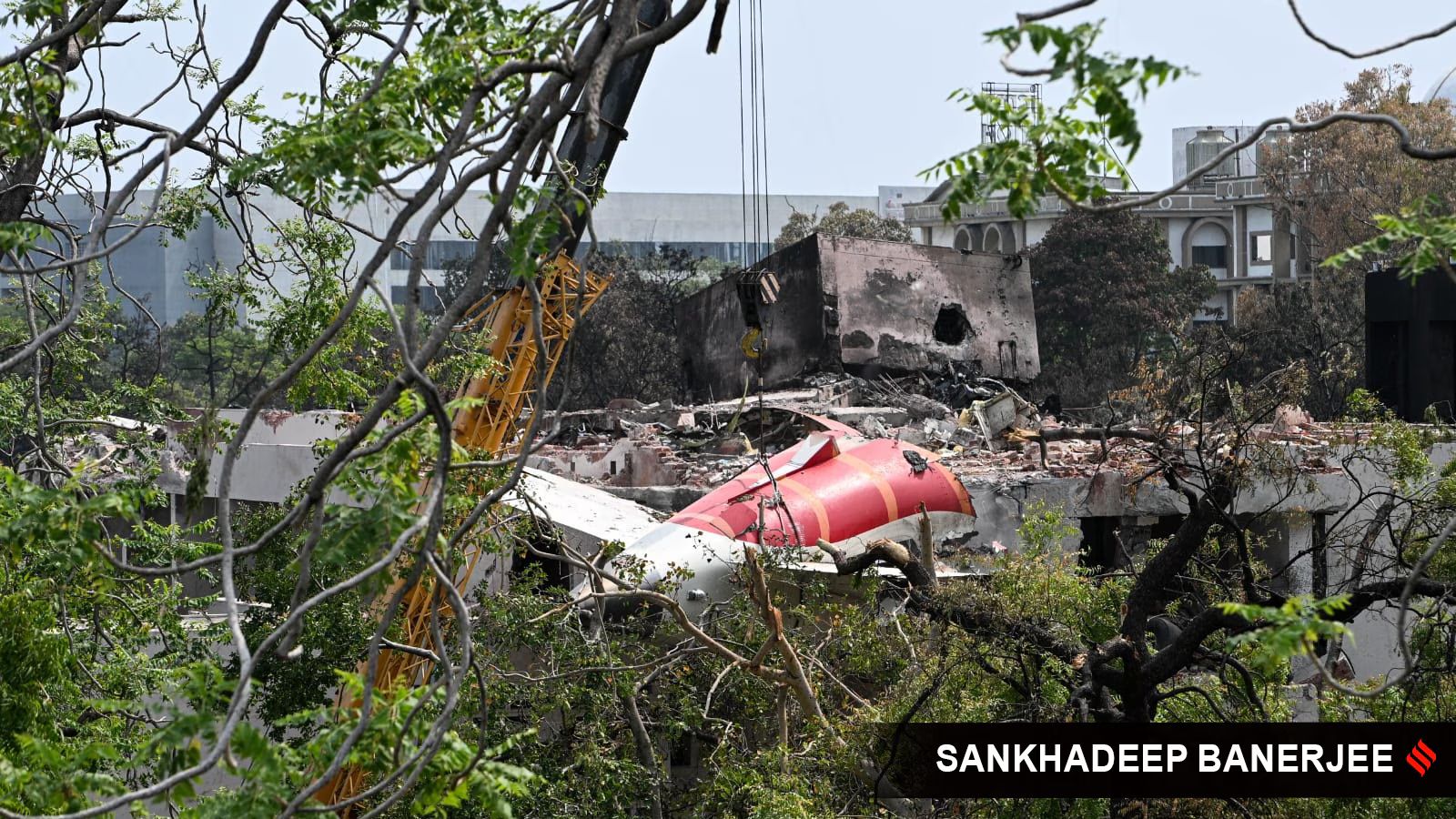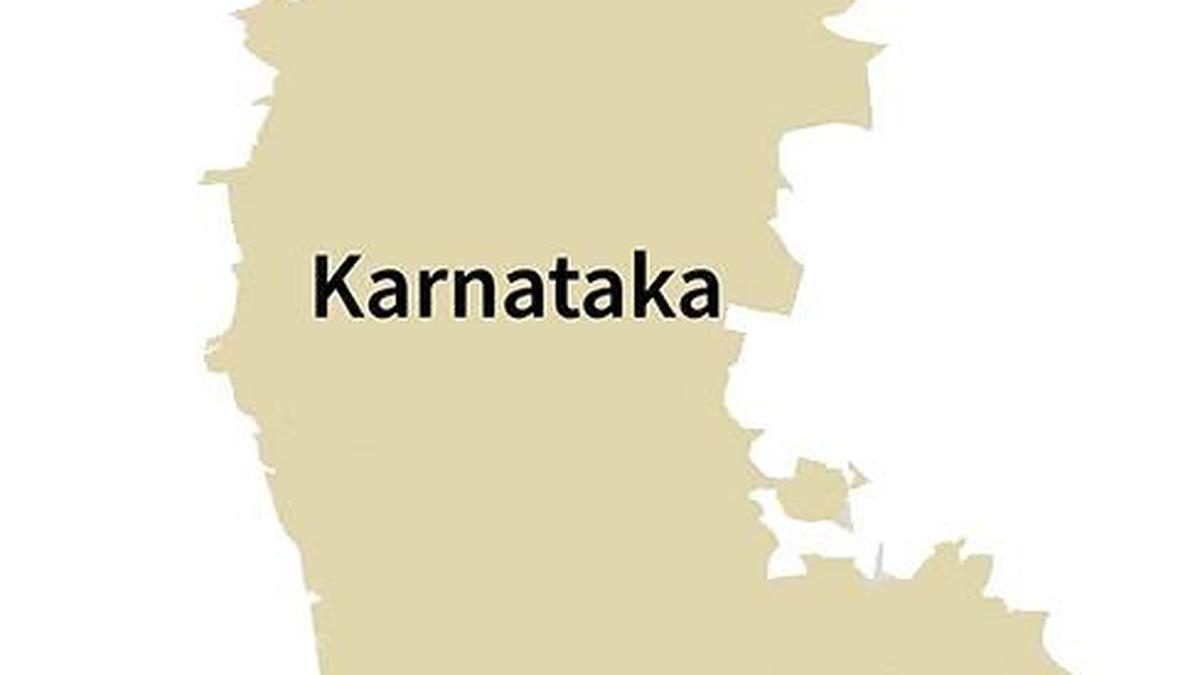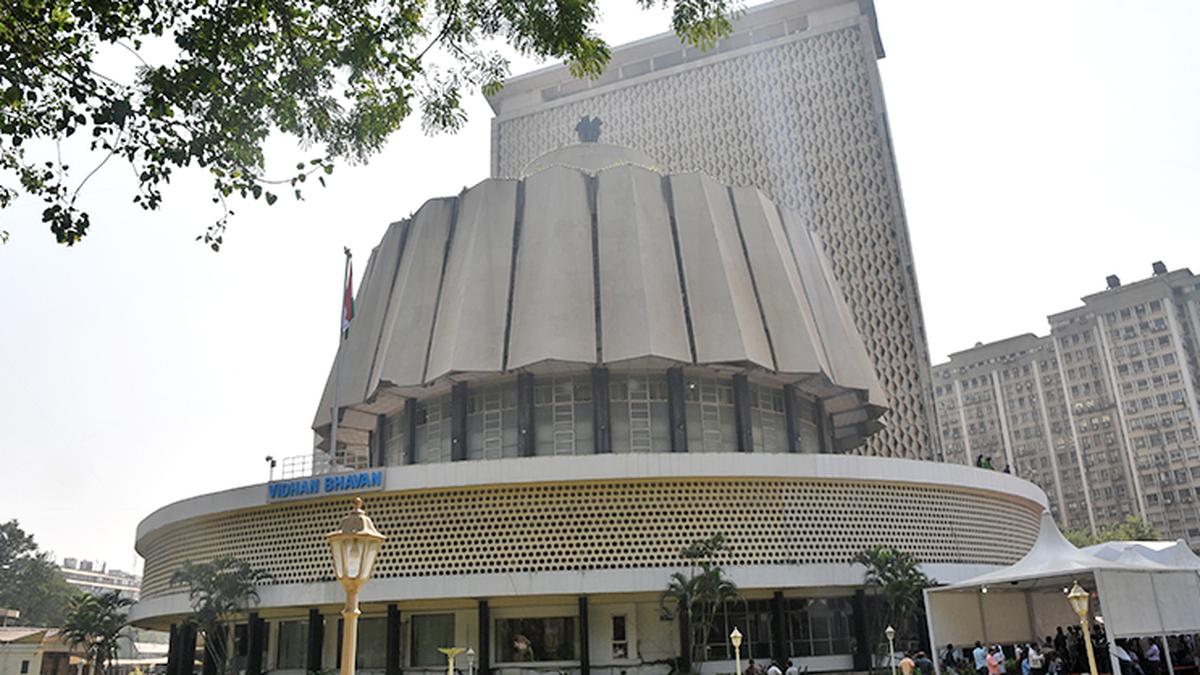PROTECT YOUR DNA WITH QUANTUM TECHNOLOGY
Orgo-Life the new way to the future Advertising by AdpathwayAt an informal interaction with parliamentarians who went abroad in all-party delegations to present India’s case after Operation Sindoor, Prime Minister Narendra Modi is reported to have expressed the opinion that such exercises needed to be institutionalised. How does one understand this observation, given that this idea could soon be added to the list of innovations by the PM?
The experience of single-party dominance tells us that, among the Opposition, there are always groups, parties and individual leaders who seek spaces for collaborating with the ruling party in the “broader national interest” in the hope that this will create goodwill. It is indeed a dilemma. Asking questions and occasionally pushing the government to modify its course of action is the basic job of the Opposition; joining hands with the government in times of national crisis is its occasional duty. Similarly, a ruling party — more so, a dominant party — is supposed to be magnanimous in building consensus. But by its very nature, the politics of dominance means that the ruling party is expected to decimate the Opposition in order to perpetuate dominance. The current season of cooperation and “listening” needs to be situated in this context.
In the 11 long years of the BJP’s current rule, there have been very few occasions of cooperation between the top leadership of the ruling party and the Opposition. After a long period of acrimony and distrust, this year’s summer witnessed a rare moment. Not only did the entire Opposition support the government in its action post-Pahalgam, the government, too, extended an olive branch by sending multi-party delegations across the globe to plead India’s case. For this spirit of sudden bonhomie to turn into a democratic practice, and if one were not to be swayed by the almost naïve enthusiasm of many non-BJP parliamentarians who participated in these delegations, this development requires that two sets of critical questions be addressed.
The first set of questions pertains to the specific case of the current cooperation. In the noise over a diplomatic coup in sending multi-party delegations, we forgot to ask why the entire establishment became so sensitive both during and after the May conflict that a number of minor criticisms are being branded inappropriate, anti-national or seditious. There is no record of the parliamentarians who went abroad having asked this question before joining the delegations. There does not seem to have occurred any tough questioning on why the PM chose not to address the all-party meeting to take everyone into confidence. Even as the delegations were presenting India’s case across countries, the government and the ruling party were busy hurling abuse at the main Opposition party for asking questions regarding India’s losses during the conflict. These questions suggest that the idea of all-party delegations was informed less by the government’s wish for consensus and more by domestic tactical concerns.
To match this weak spirit of cooperation, the debriefing after the international visits, which could have taken place at an all-party meeting, did not involve even the LoP. It almost looks, right from the beginning, as if the entire exercise was aimed at marginalising the leadership of the Opposition parties and indulging in a charm offensive to which quite a few parliamentarians seem to have succumbed. Predictably, such questioning will be brushed aside in the current ethos of ultra-sensitive nationalism but one must make a distinction between the “national interest” of presenting India’s case about terrorism and Pakistan on the one hand, and the national interest in evolving a genuine consensus in times of crisis on the other hand.
But in a sense, the issue is not about India’s international image alone. It is also about a routine exchange of ideas and explorations into possible areas of non-acrimonious politics. The PM’s reported view that such a practice (of all-party delegations) needs to be institutionalised seems confined to the arena of foreign policy, but one can expand it to domestic politics as well.
There are at least three ways in which the PM can think of initiating dialogue with the Opposition. One is a very general dialogue that might be institutionalised — say, listening to all chief ministers once a year and/or having a one-on-one meeting with the Leader of Opposition in every quarter. The other is a more specific conversation on irritants in federal practices — like the role of governors or the questions of resource-sharing. Third is a more crisis-driven conversation. Whenever complicated issues arise, such as the crisis in Manipur, or deep concerns emerge, such as over delimitation, or when issues of longstanding relevance to the quality of democracy arise, such as the quality of public rhetoric by political leaders, the PM may invite Opposition parties for a conversation.
The experiment of all-party delegations may have suggested that such gestures have both limited partisan gains for the ruling party as also broader gains of consensus building. Eleven years after assuming power, the PM may have had enough of adulation and narcissism. So, it will not be a bad idea to build on the spirit of cooperation that the ruling party has adopted in the current instance and the virtue of cooperation that many Opposition MPs have discovered. After all, given the BJP’s dominance and its smooth bounce back after the setback of 2024, the party may stop indulging in the small-time politicking of poaching a few MPs and breaking up a few parties and think of a larger politics of dominance in the realm of ideas and practices.
At one level, this is a tall order because, right from the 1990s, the rise of the BJP has been predicated on an adversarial style of politics — it has pitched itself against something or someone. The penchant for calling anyone opposed to it anti-national represents that constant self-image of being encircled by enemies of the country. At least in formal pronouncements, the all-party delegations have been praised by the government, indicating the possibility that Opposition parties are not necessarily anti-national. While it is unlikely that this spirit of cooperation will endure the routine humdrum of competitive politics, this moment has given the BJP a chance to overcome its obsession of being the sole upholder of national interest.
At another level, this is a challenge for Modi the person. The history of the past decade threw up multiple opportunities for Modi to become a statesman, overcoming his natural flair for being a deeply acrimonious politician. He let go of most of them. Given the angularity of the Hindutva ideology, there will be limits to any conversation that might possibly take place between the ruling party and the Opposition.
But as reported by this newspaper, the PM “listened intently” to many non-BJP MPs. It might not be a bad idea for those MPs to persuade the Prime Minister and convince him to bring the good old idea of conversation back to Indian politics — a deep ideological chasm notwithstanding.
The writer, based in Pune, taught Political Science


 3 weeks ago
3
3 weeks ago
3









 English (US) ·
English (US) ·  French (CA) ·
French (CA) ·  French (FR) ·
French (FR) ·